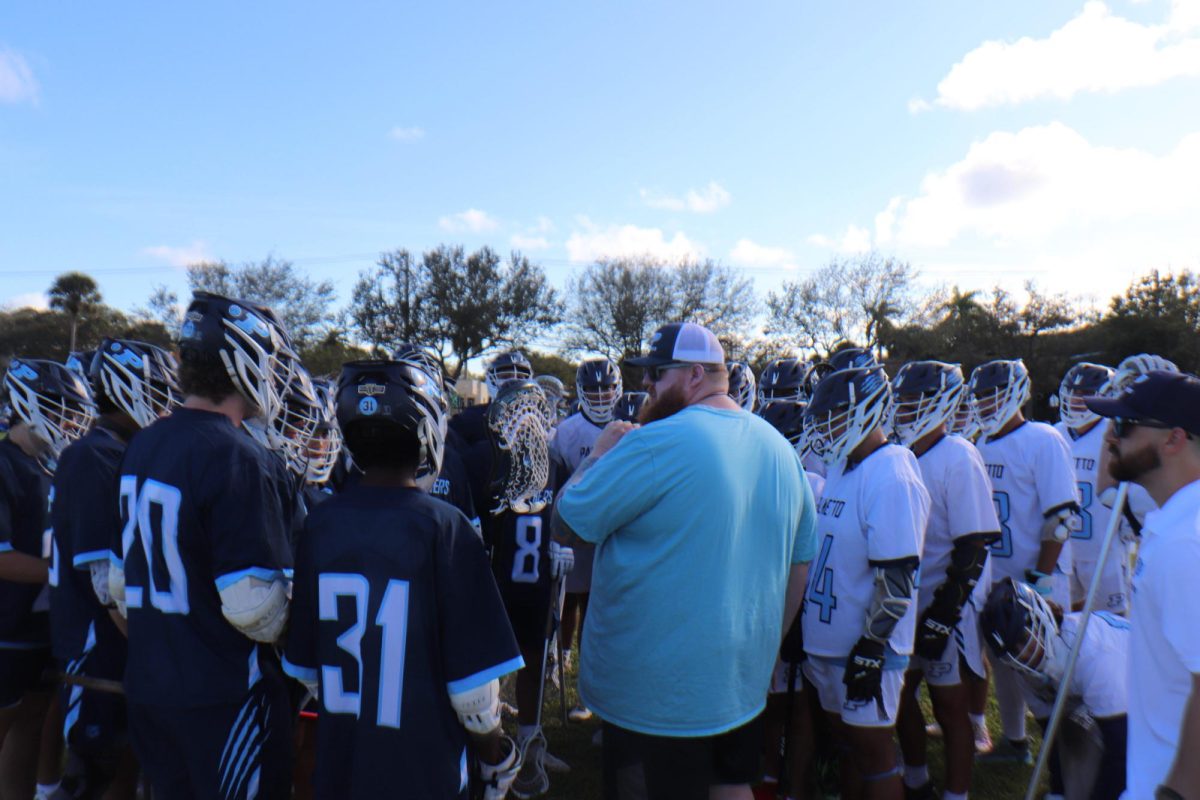Supreme Court Rules Against Vaccine Exemptions
November 8, 2021
On Friday, Oct. 29, the U.S. Supreme Court declined to block Maine’s vaccine mandate for healthcare workers. The mandate was challenged by a group of healthcare workers in Maine who objected to the COVID-19 vaccine on religious grounds. The decision in the case, now known as Does v. Mills, rejected the latest challenge to vaccination mandates.
With the authorization of the COVID-19 vaccine by the U.S. Food and Drug Administration, private companies, government institutions and state and local governments have started implementing vaccine mandates for employees. In August 2021, Maine Governor Janet Mills announced a statewide mandate, requiring all employees at hospitals, nursing homes and other health facilities to receive the vaccination. Upon the mandate’s implementation, a religious group known as the Liberty Counsel filed a lawsuit, representing 2,000 employees who opposed the mandate on religious grounds.
The Liberty Counsel and their representatives stated that the mandate violated their constitutional right to freedom of religion, more specifically, the free exercise clause. The state of Maine argued that the vaccine was necessary in order to protect patients and the state’s healthcare system.
Earlier in the month, a Maine federal judge ruled against the Liberty Counsel, but the group appealed. A unanimous panel at the First Circuit of the U.S Court of Appeals in Boston affirmed the district court’s denial for a preliminary injunction, meaning that they declined to block the mandate. The group then filed a petition to the Supreme Court, also asking for them to block the mandate before it went into effect.
The Supreme Court had previously ruled that states can mandate citizens to receive vaccinations. In Jacobson v. Massachusetts, the court upheld the authority of state governments to enforce compulsory vaccination laws. During the early months of the pandemic, the Supreme Court handed down a series of rulings that seemingly supported religious exemptions from public health regulations. For example, in April 2021, the court heard Tandon v. Newsom, which granted religious groups an exemption from California’s restriction on the amount of people in private homes during the peak of the COVID-19 pandemic. Although this ruling did not deal specifically with vaccinations, it related to the different public health regulations that dominated society in the United States for months. In recent months, the Supreme Court has declined to take cases involving vaccination mandates and exemptions from students at Indiana University and workers in New York City.
The decision in Does v. Mills marks a departure from the Supreme Court’s religious exemption trend. In the ruling, three of the court’s conservative justices — Neil Gorsuch, Clarence Thomas and Samuel Alito — said that they would have blocked the mandate. In his dissent, Gorsuch criticized the majority for their apparent support of Maine’s mandate, stating that it discriminated against those with religious exemptions. Justice Amy Coney Barrett and Justice Brett Kavanaugh surprisingly concurred with the majority opinion to not take the case because they felt the case did not receive the full briefing and oral argument necessary to make a judicious decision. Barrett’s statements may indicate the limit to the court’s conservative majority when it comes to religious conservatives.
With the Supreme Court’s decision, the statewide mandate in Maine remains, meaning healthcare workers must get vaccinated in order to keep their jobs. The decision may also serve as a foundation for future vaccination lawsuits that may make their way to the Supreme Court.










